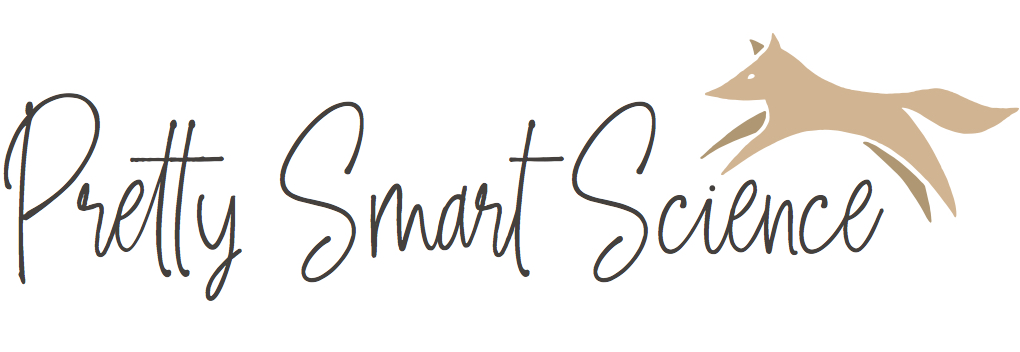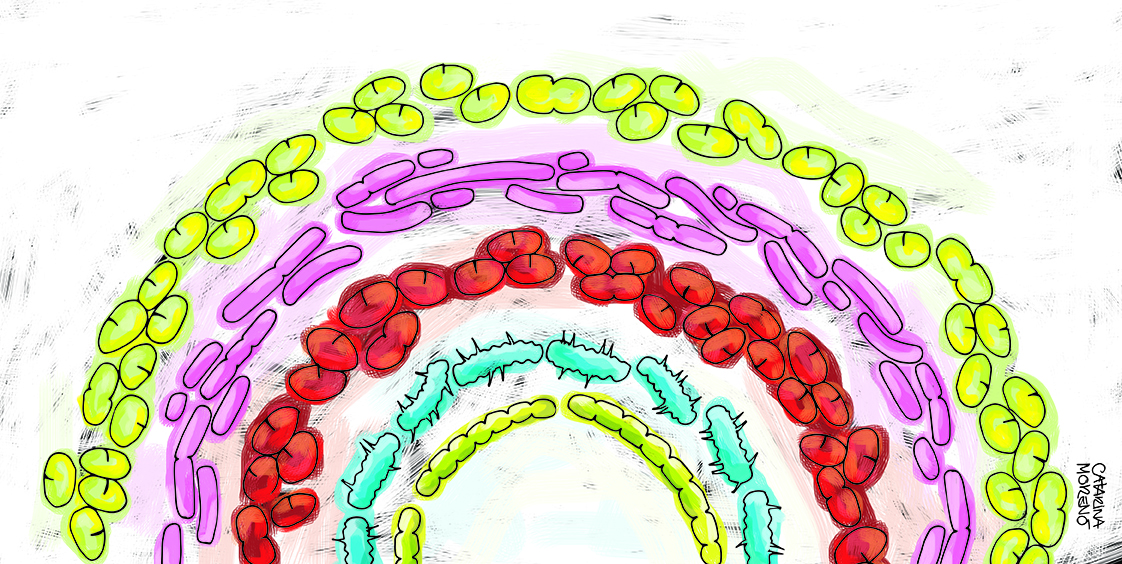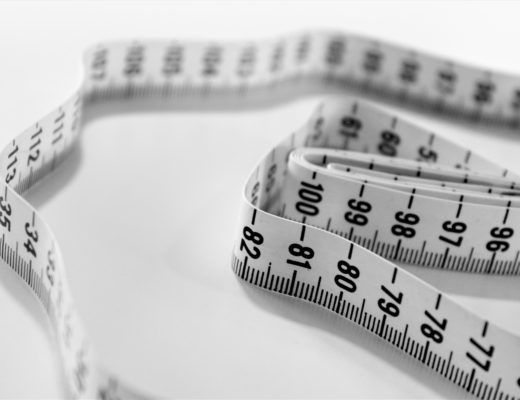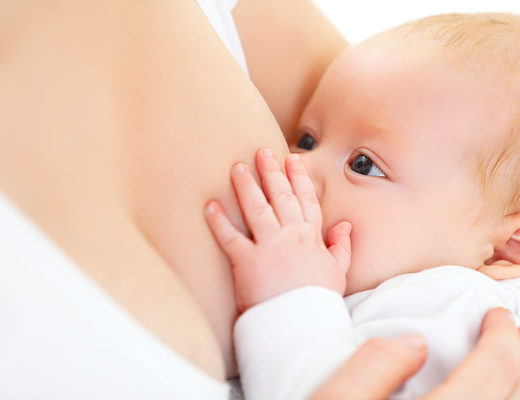Illustration by Catarina Moreno
Living inside all of us are trillions of microorganisms- a smorgasbord of bacteria, viruses and fungi make their home inside our intestines in crowded microbial communities. Athough it’s been long known our guts play host to these ecosystems, science is only beginning to truly understand what role they play in keeping our bodies running and in diseases such as depression, cancer and Alzheimer’s.
With such exciting research on the rise, it’s no wonder probiotic supplements containing so-called ‘good bacteria’ are being touted as the new miracle medicine. Probiotics are sold in every form – from yogurts and protein powders to pills and pickles. We’re told that consuming these ‘natural’ supplements improves our health and wellbeing, including our mood, weight and immune function. But is there convincing scientific evidence for these health benefits? Two recent studies have questioned the efficacy of probiotic supplements and shown they may actually cause harm.
The researchers first asked what happens in our gut bacterial ecosystem (or microbiome) after a course of antibiotics following a treatment with probiotics. Antibiotics kill both ‘good’ and ‘bad’ bacteria, so these experiments essentially tested whether probiotics somehow protected our gut bacteria from antibiotics.
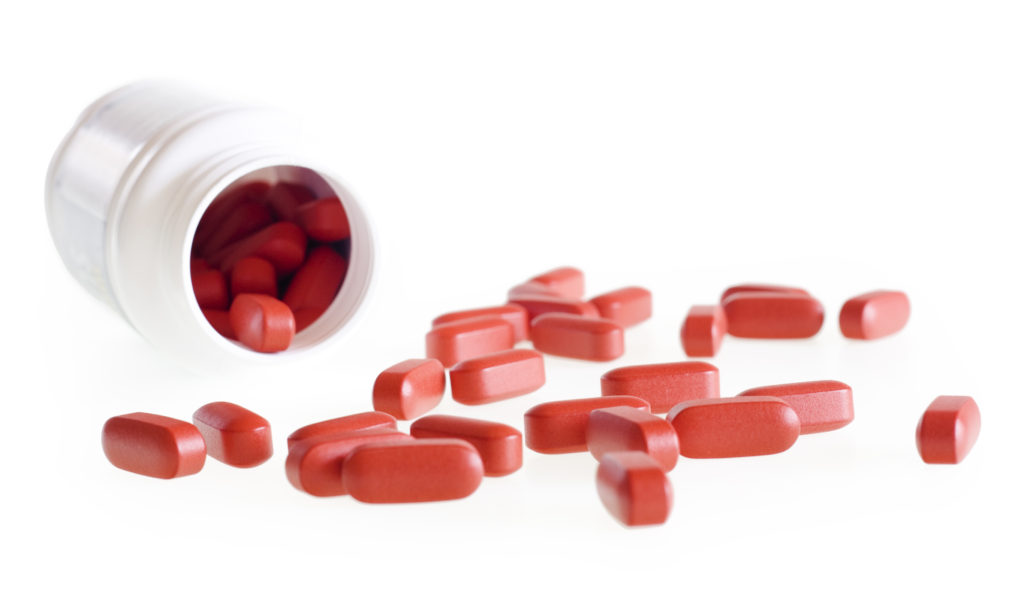
They found that people react very differently to probiotic supplements. Some individuals appeared to be resistant to the bacteria in probiotics- when the researchers analysed their guts by endoscopy and colonoscopy, they didn’t find any differences in their microbiome. The gut of these ‘resistant’ individuals expelled the probiotic bacteria, yet in other people the bacteria seemed to flourish. These unexpected results show that not everyone might benefit from taking standard probiotic supplements, and whether or not we do depends largely on our microbiome.
But the most striking finding was that taking probiotics after a course of antibiotics could have harmful effects. The aim of taking probiotics after an antibiotic treatment is to help restore the gut microbiome, which can be severely affected by these drugs (this is why antibiotics can cause diarrhea). Surprisingly though, supplementation with probiotics delayed the microbiome replenishment process and even caused inflammation in some individuals. On the other hand, a treatment called autologous fecal microbiome transplantation or aFMT (a transplant with your own healthy poo, basically) was very effective at restoring the gut bacteria to healthy levels.
“The study highlights the fact there is so much more to be learned about the bacteria living in our gut but also to something that is true of all supplements – there is no one size fits all”, says lead author Eran Elinav, an immunologist at the Wizmann Institute of Science in Israel. And he adds:
Contrary to the beliefs that probiotics are harmless and benefit everyone, these results reveal new potential adverse side effects of taking probiotics with antibiotics. Just buying probiotics at the supermarket without any tailoring to the individual may be useless for part of the population.
Many other studies have failed to show any benefits of taking probiotic supplements in healthy people, but evidence suggests they can help treat some gut disorders. This new research now reveals that probiotics may actually be harmful to some people, so we should be more cautious. But don’t throw away your kimchi just yet. Elinav concludes:
“We know that gut health is important to overall wellbeing but probiotics should never be considered a cure-all. There are many other factors that impact gut health, including your genetics, diet, levels of stress, physical exercise and more.”
Magical ‘natural’ cures are mostly about marketing and hefty profits, and drinking kombucha for breakfast everyday won’t take you far unless you’re careful about your diet and lifestyle. A nutritious diet and plenty of regular exercise is likely to bring more health benefits than relying on supplements to do the heavy lifting.
Further reading:
Zmora et al. “Personalized gut mucosal colonization resistance to empiric probiotics is associated with unique host and microbiome features” Cell (2018)
Suez et al “Post-antibiotic gut mucosal microbiome reconstitution is impaired by probiotics and improved by autologous FMT” Cell (2018)
Brian Handwerk “The Benefits of Probiotics Might Not Be So Clear Cut” Smithsonian Magazine (2018)
